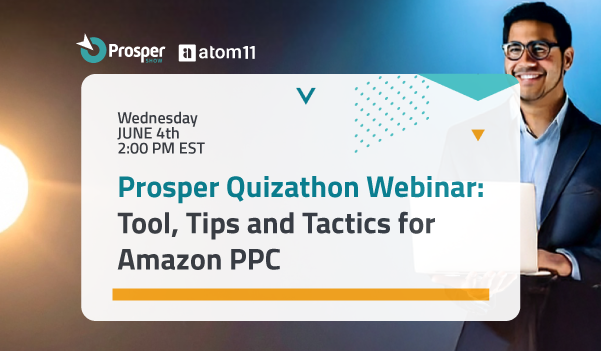With Amazon Australia celebrating a one-year anniversary, the energy around the marketplace has certainly grown. Last year, OFX commissioned a report on the potential of the Australian retail market and our predictions weren’t far off.
The following tips should give you a solid foundation for cracking the Australian marketplace as an online seller.
1) Know Your Market
Before selling overseas, it is essential to research the markets where your target customers are underserved, and where there could be a gap for your product to fill. Be careful also to research competitors and identify the places where you may face pressure from local rivals.
Should you have the necessary resources, visiting Australia can be a great way to familiarize yourself with the market, tap into local know-how and immerse yourself in the unique conditions you’ll face.
However, if a flight to Sydney isn’t in the cards, there are plenty of other ways to educate yourself about the market. The US Department of Commerce’s International Trade Administration, for instance, provides excellent export guides, giving a clear overview of the markets that could work for you and your product.
2) To Go Global, Get Local
Each country will have its own regulations, so doing your research up front will mean the selling process is much easier down the line. Consider everything from customs prohibitions (you’d be surprised by what you simply can’t ship to some countries) and taxes, to simple things like local holidays.
Localize your content, so you’re better able to communicate with customers in Australia. Be aware that subtle differences in spelling go a long way. The “colour” of your product. “Jewellery” is another important example of differences in the English language (see building a strong SEO strategy below)
3) Build Strong SEO, and Consider Paid Campaigns
Strong SEO (search engine optimization) can play a huge part in reaching new international customers, so don’t forget to build a keyword focus into your plan.
It’s best to start with some research into local keywords and competitors. Which keywords are your competitors targeting in this market, and where are they getting their links? Don’t just assume that you can use the same keywords that you do back home, as these can vary even in English-speaking countries. Targeting the wrong keywords can generate poor quality traffic and fewer conversions, so it pays to be thorough up front. Read this blog by SEO experts MOZ to help you get started on your keyword search.
If you want to go even further, it’s worth setting budget aside for Pay-Per-Click (PPC) advertisements. These can help to bring quality traffic to your site using targeted keywords and can form part of a well-rounded inbound marketing campaign.
4) Plan for International Payments
Selling internationally means taking payments from overseas customers – and, much as you may want to avoid it, that usually means foreign exchange. It’s important to pay attention to this, as it’s all too easy to lose money to poor exchange rates and eyewatering transfer fees without the support of a specialist partner.
Speak to an international payments company that offers the essentials – competitive exchange rates and complete transparency on fees – and that also demonstrates ecommerce expertise. Some providers offer virtual accounts in a range of major currencies, plugging directly into ecommerce platforms to save on transaction fees and exchange rates when bringing your revenue back home. Read more about how OFX supports online sellers.
5) Partner Up for Smooth Logistics
So, you’ve done your research, listed your items, and the international orders are starting to roll in. FBA is underutilized in Australia. Only a quarter of the marketplace sellers have committed to using FBA for their catalog.
Also be aware that sourcing local logistics providers can be costly and inconsistent, so opt for a global delivery company like UPS, which can give you expert support that’s both cost-effective and easy to manage.
For even more guidance on how to succeed in the international marketplace, download the OFX Guide to Going Global.
Who is OFX?
OFX is a global money transfer company that helps people and businesses thrive in our evolving and fast-moving world. We are on a mission to lead the age of borderless money by combining a streamlined digital experience, expert personal service and great rates so our customers can transact across borders when, where and how they want. We empower our customers to live and work globally with confidence, 24/7. www.ofx.com.



Recent Comments